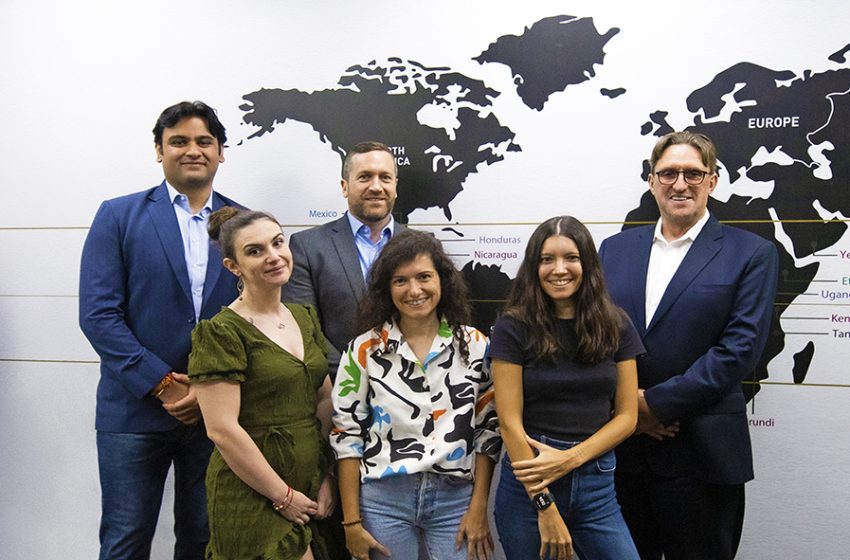Al-Futtaim ACE Unveils Its Ramadan Collection, Bringing The Spirit Of The Season Into Every Home
Coffee Planet partners with The Waste Lab adopting sustainable initiatives to reduce waste

The collaboration represents two Dubai-based businesses coming together to reduce GHG emissions and moving forward to promote a circular economy framework.
For every 100 grams of coffee beans produced, 91 grams of solid coffee waste and wastewater are formed. To combat this wastage, Coffee Planet has partnered with The Waste Lab, a Dubai-based start-up that seeks to create zero waste solutions for food.
Coffee Planet aims to reduce its impact on the environment by repurposing and composting coffee waste by diverting the waste from landfills where organic waste generates methane gases, to feed soils and contribute locally. The repurposing process begins with Coffee Planet collecting discarded coffee grounds, which are then transported to a Control Station. The grounds are then weighed, purified, and taken to the composting station to create nutritive by-products that enrich local soil, local farms and local jobs.
Coffee Planet is working with The Waste Lab to create a circular economy by promoting zero waste solutions that are sustainable and transparent. Collections are purposefully routed to minimise carbon footprint and keep emissions low. This program not only benefits the environment but also contributes to the Sustainable Development Goals of the UAE.
The combined efforts of Coffee Planet and The Waste Lab are part of a zero waste philosophy to battle the global problem of Greenhouse Gases emitted from food waste. A further objective of promoting the segregation and repurposing of food waste in the UAE, where 3.37 million tonnes of food go to landfill every year. Not only is waste eliminated rather than managed via landfill, but it is through initiatives like these that the excess produced by Coffee Planet is redirected to better use.
Coffee Planet plays a significant role in changing the coffee industry by creating a blueprint for other businesses to scale up steps towards a circular economy. This includes sustainable initiatives that promote circularity throughout the company’s value chain in support of the company’s long-term sustainability goals.








